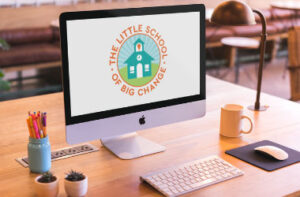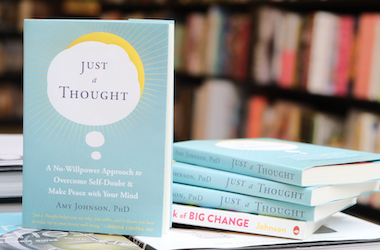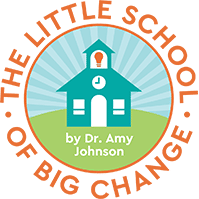“Sometimes questions are more important than answers” –Nancy Willard
It always amazes me how much meaning people attach to the innocent little state of uncertainty. 
Actually, “I don’t know” is an innately neutral statement of fact pertaining to a single moment in time.
There is never anything inherently bad, scary, or ‘wrong’ with “I don’t know” and it is only true for as long as it’s true. You only don’t know until you do know.
When the incredible people for whom I work tell me they have a problem, very often that problem starts with “I don’t know.”
“I don’t know what I want to do next”, or “I don’t know who to trust anymore”, or “I don’t know which path to choose”.
You don’t know right now. So what? Is it possible that you don’t know now but you will know soon? That you don’t know now but you’ll know when you know?
And is it possible that you don’t know now and you won’t know for a while, but not knowing won’t matter? Is it possible that although your rational, linear mind wants to know so it can tie this thing up with a nice red bow, knowing right now isn’t actually required?
As far as I can tell, not liking “I don’t know” is rooted in two primary incorrect assumptions.
One: There is something you have to do in order to know.
What if you’re not responsible for getting yourself to knowing? In my understanding, thought arises within us. Knowing is just thought—you don’t have to make yourself know or think any more than you have to make yourself breathe or digest.
“I’m full” doesn’t look like a problem because you aren’t responsible for becoming less full. Nature digests your lunch with no deliberate effort on your part. You can just kick back and wait.
Could “I don’t know” be the same as “I’m full”? “I don’t know now, but I’ll wait and I’ll probably know later” you’d say. How easy is that?
Two: If you don’t know now you’ll be stuck in “I don’t know” forever. And that will somehow matter.
It’s not possible to be stuck with no new thought—at least, not for long. Again, new thought arises and it arises often. When you’re not holding onto old thought, new thought just walks right through the front door.
Yes, I did say that you have to not hold on and yes, that’s often mistaken as “something to do”. (You really want to make work for yourself, don’t you?) So here’s some help on that—when you go around repeating: “I don’t know; I mean, I have absolutely no clue! What should I do? What can I do? I don’t have the foggiest!” you might be holding on to your “I don’t know” thought a wee bit. So stop that, if you need something to do.
“I’m full” isn’t a problem because becoming less full is not your job, and it’s also not a problem because you know that you won’t be full forever. Just stop eating and wait; “I’m full” is wholly self-correcting.
Could “I don’t know” be wholly self-correcting too?
When “I Don’t Know” is Fun
Further confirming its inherent neutrality, there are times when “I don’t know” is exciting and fun.
Playing will-we-see-a-slug-bug-before-we-get-there? in the car with Willow, “I don’t know” is the whole point. “We’re almost home and I don’t see one yet!” she squeals with delight.
“We’re 3 minutes from home. Guess—will we see one or not?”
“Ooh, I don’t know!!!” She positively revels in not knowing. It’s an adventure, certainly not the problem it is for many of us linear-thinking grown-ups.
Willow knows she’s not responsible for slug bug appearances. There’s nothing for her to do but keep her eyes glued to the window. There is nothing at stake but bragging rights.
Lest you think this is easy only for three year old’s hunting slug bugs, it’s also fun for my neighbor who is a sophomore in High School being recruited by universities to play volleyball.
“Where do you think you’ll end up?” we ask, only to celebrate her possibilities and keep our imaginations busy. “I don’t know!” she says full of eagerness and anticipation. She can’t wait to find out but she’s thoroughly enjoying every second of the not knowing. It’s like a suspense movie in which she’s the star.
She will know someday, relatively soon, with no effort on her part. And while the trajectory of her life might be shaped by where she ends up, the quality of her life is not at stake. Happiness isn’t about LSU versus Michigan, volleyball versus mathematics, college versus no college. She instinctively knows that so “I don’t know” is a fun game for her, like slug bug hunting is for Willow.
The exact same is true of your “I don’t know”, by the way, no matter what it is about.
It’s not your job to change it.
It will most likely change on its own.
And what you might think is in jeopardy if it never changes (e.g., your happiness, security, peace of mind) is not actually in jeopardy at all.





